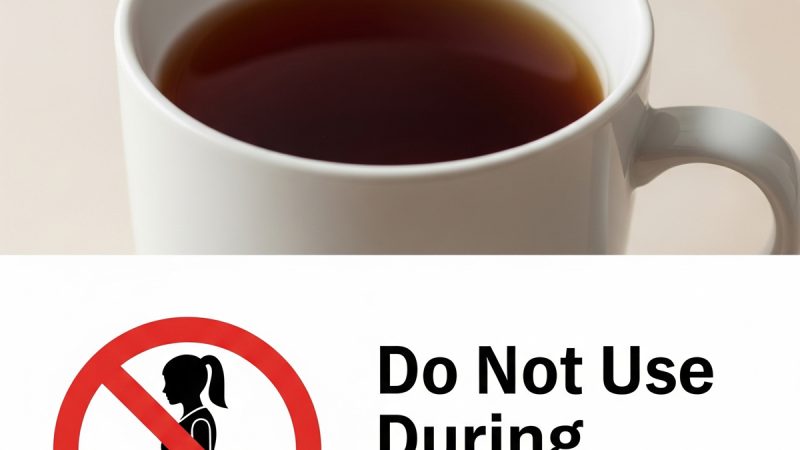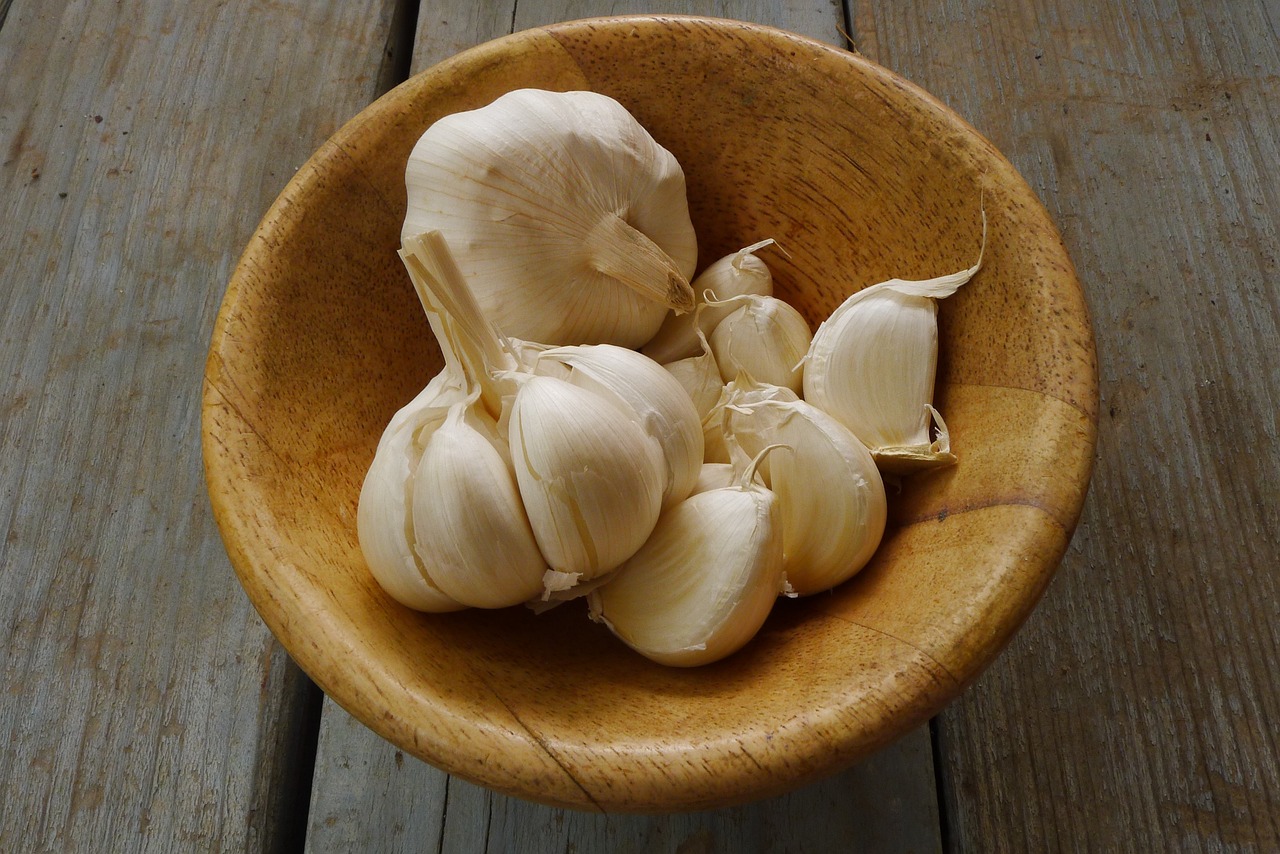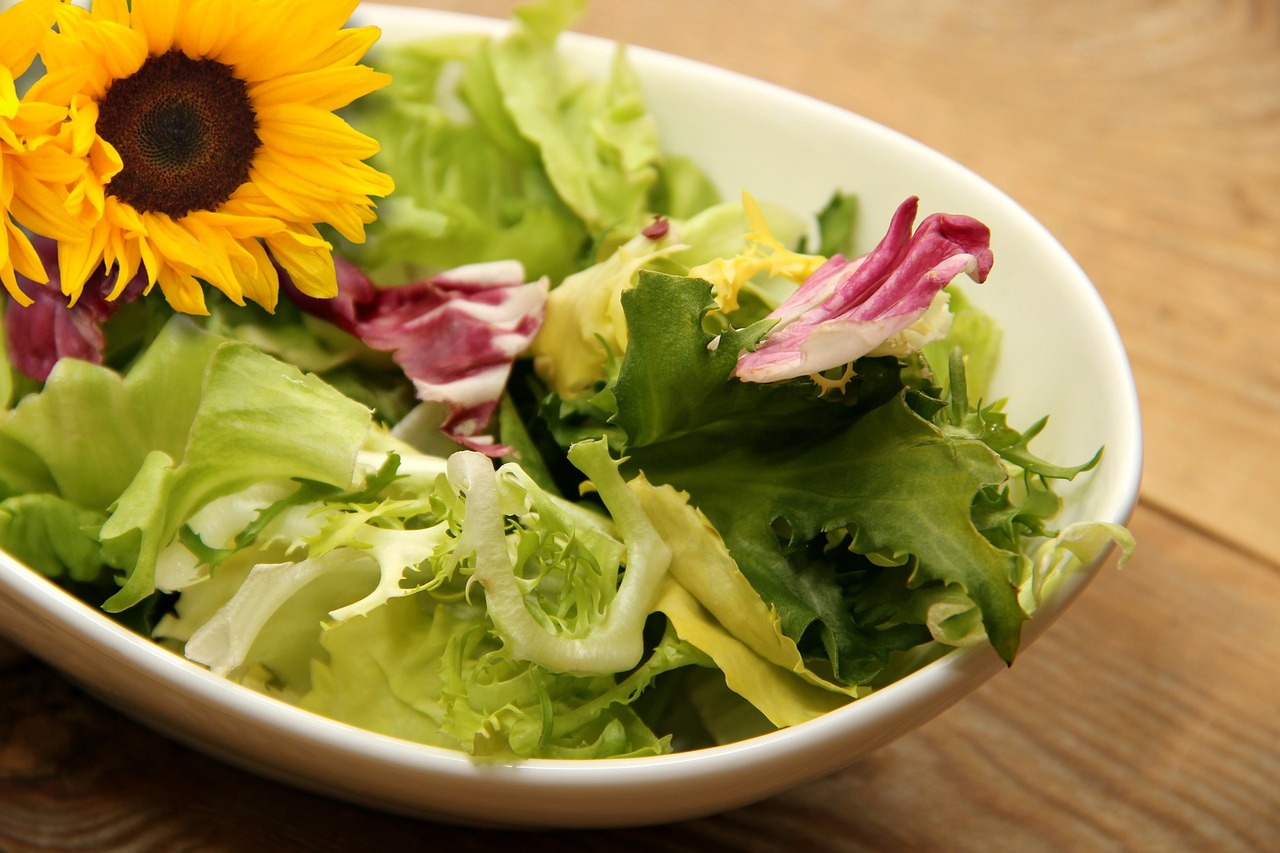Do Eggs Increase Ovarian Cancer Risk?

Q. Do eggs increase ovarian cancer risk?
A. Right now, the research does not show any strong link between eggs and ovarian cancer risk. There have been a few studies that have found a modest increased risk of ovarian cancer among women with the highest weekly egg consumption compared to those who don’t eat eggs. However, the studies that show a link are usually the study types more likely to have problems accurately estimating egg consumption and controlling for other potential influences on risk.
And many studies examining this link have not adjusted for being overweight, which increases ovarian cancer risk. A recent analysis of the global research on eggs and ovarian cancer risk by the American Institute for Cancer Research found that current evidence is too limited to support any conclusion. More research is needed.
Theoretically, high consumption of eggs’ cholesterol could lead to formation of compounds that pose risk. Yet it’s also possible that eggs’ rich content of choline (an essential nutrient) could play a role in maintaining healthy DNA to reduce cancer risk.
Eggs are an economical source of high quality protein. Although eggs are high in cholesterol, neither dietary cholesterol nor blood cholesterol levels are linked to cancer risk. Some people may be advised to limit eggs for heart health because of their cholesterol content. However, after summarizing research on dietary cholesterol, the latest Dietary Guidelines for Americans say that eggs are low in saturated fat and can be part of an overall healthy diet.
As with all foods, it’s the big picture of your meal that matters for better health and lower overall cancer risk. If you usually fix your eggs with processed meat like sausage or bacon, refined grain toast or fried potatoes, try making those eggs in a vegetable-loaded omelet accompanied by a slice or two of whole grain toast and delicious sides of sliced tomatoes, salad, melon, berries or other vegetables and fruits.
While we await more research, the step that research most strongly supports for eating to lower risk of ovarian cancer is to watch out for portions and calorie-rich foods that make it harder to reach and maintain a healthy weight.
→ Holistic Approach to Cancer
The Author:
Karen Collins, MS, RDN, CDN, FAND, is AICR’s Nutrition Advisor. Karen is a speaker, writer and consultant who specializes in helping people make sense of nutrition news. You can follow her blog, Smart Bytes®, through her website and follower her on Twitter as @KarenCollinsRD.








